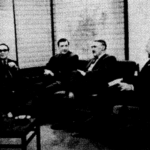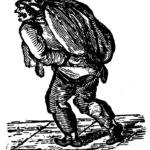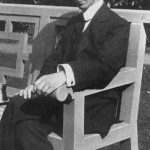All their play becomes fruitful: The utopian child of Charles Fourier
...1, p. 99. 8. ^ Charles Fourier, The Utopian Vision of Charles Fourier, ed. Jonathan Beecher and Richard Bienvenu, Jonathan Cape, London, 1975, p. 165. 9. ^ The Theory of the Four Movements, pp. 73–4. 10. ^ Carolyn Steedman, Childhood, Culture and Class in Britain: Margaret Macmillan, 1868–1930, Virago, London, 1990, p. 64. 11. ^ The Utopian Vision, pp. 308–9. 12. ^ Parke Godwin, A Popular View of the Doctrines of Charles Fourier, J.S. Redfield, New...









